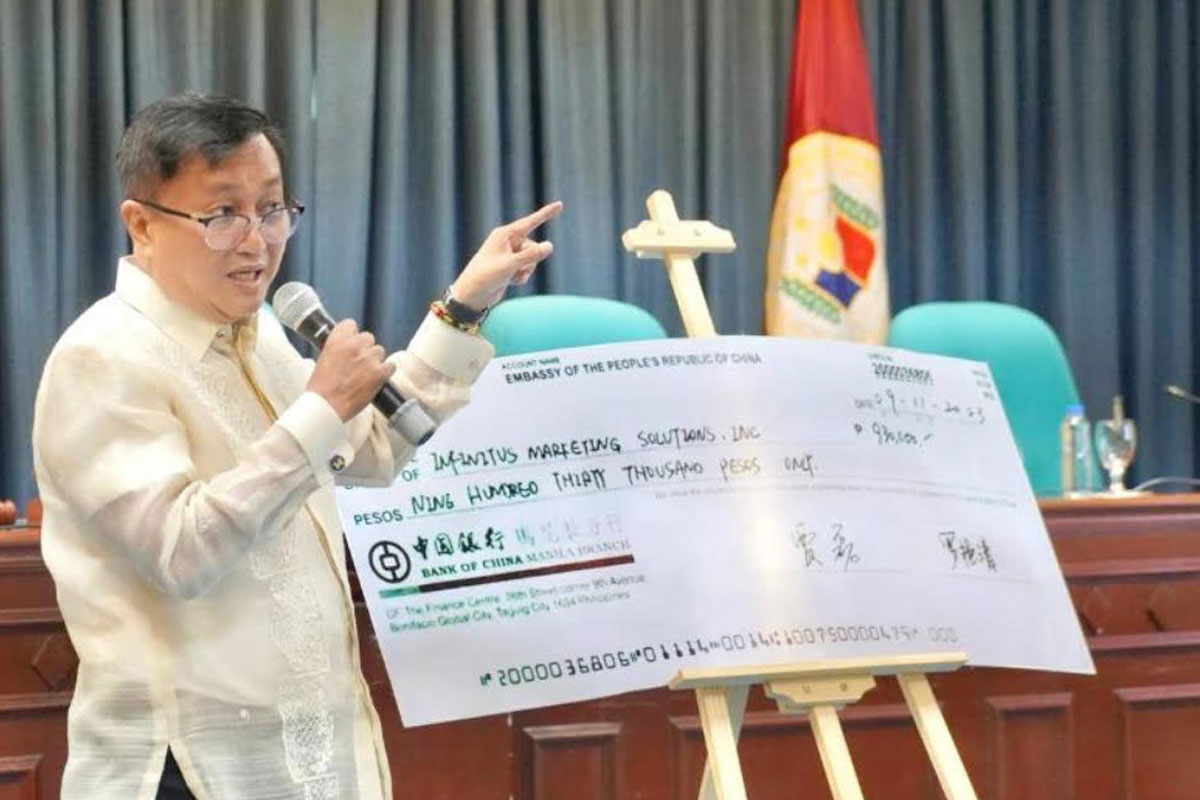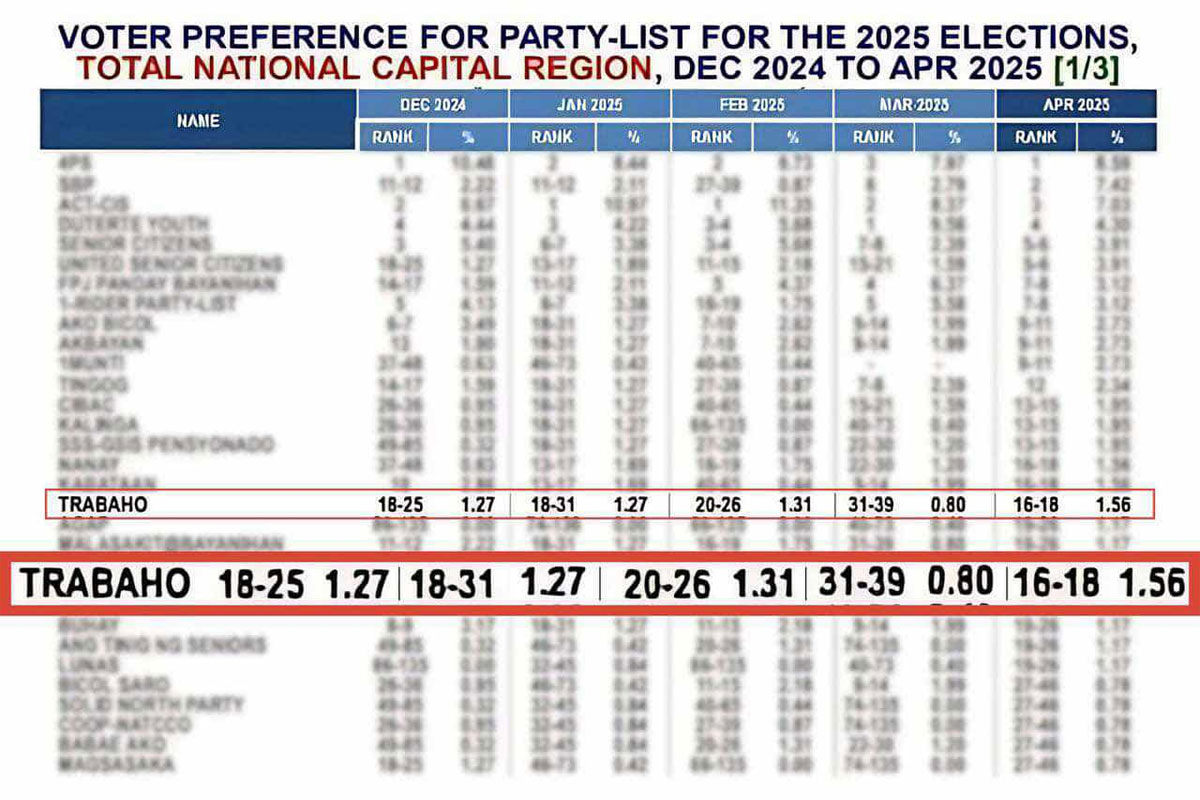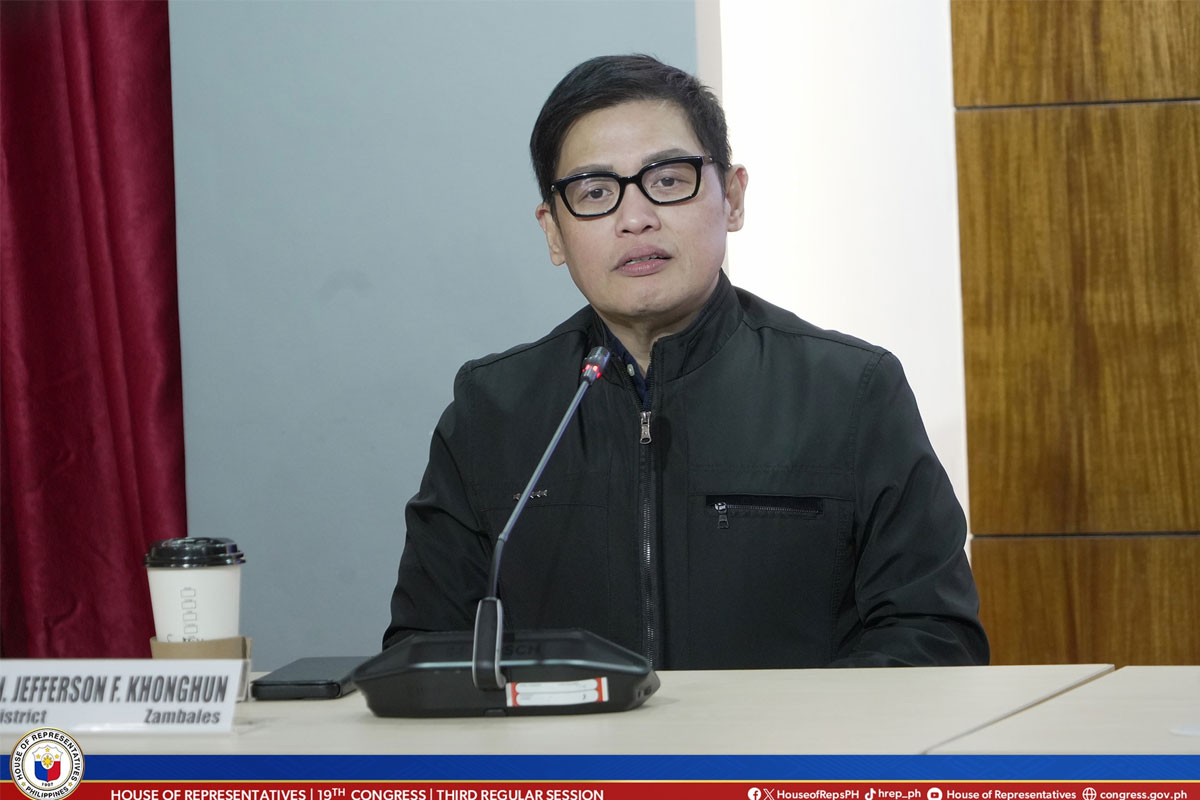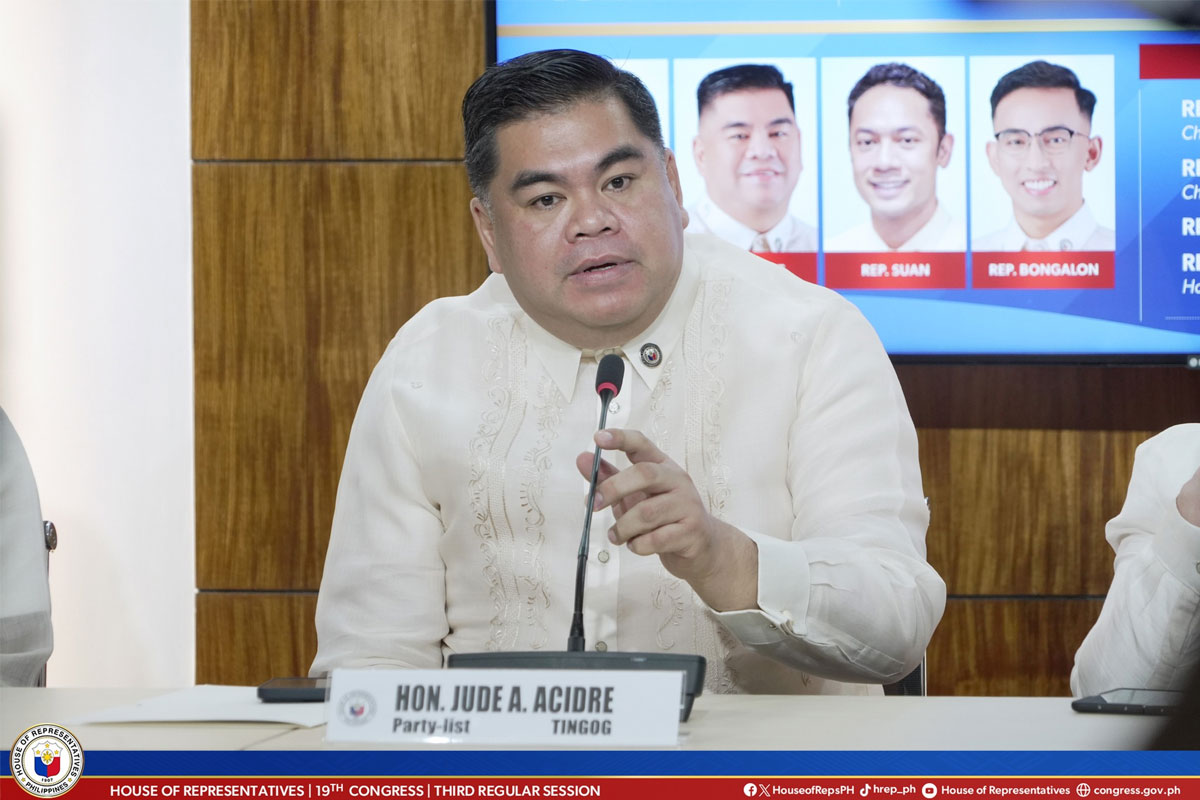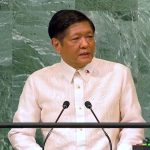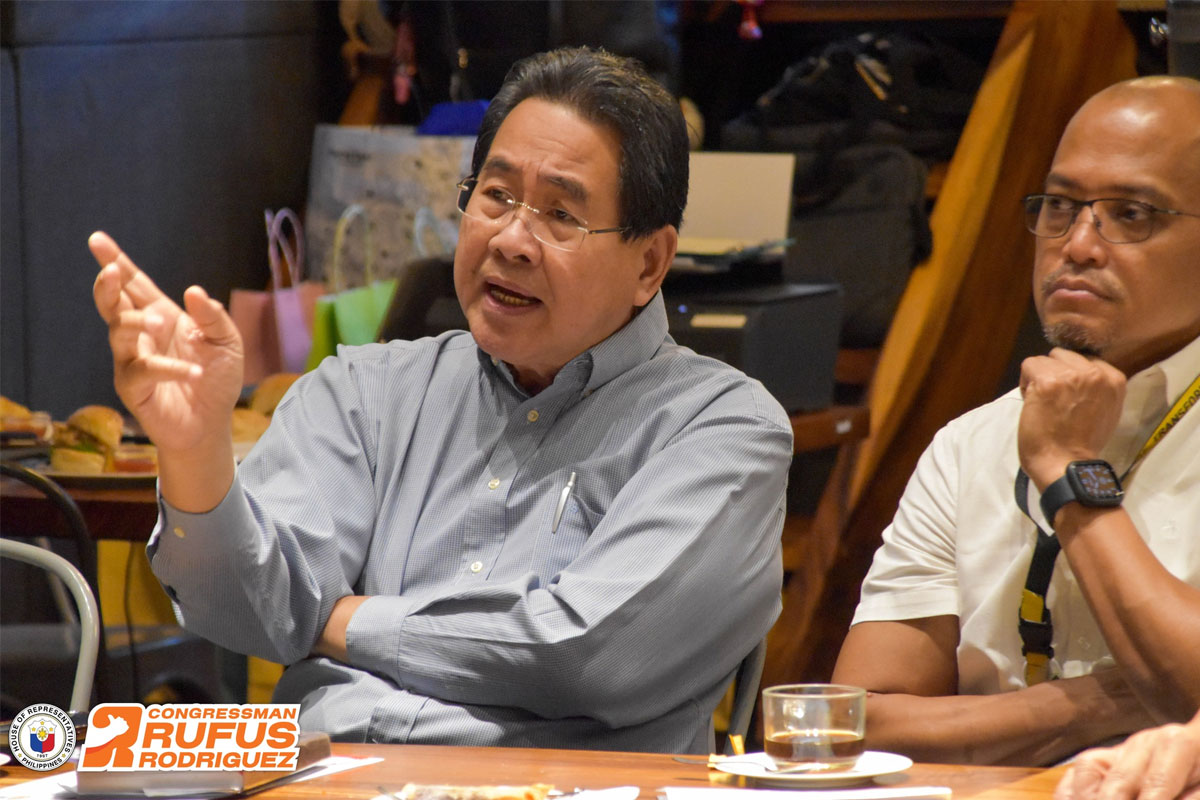 President Ferdinand R. Marcos Jr.
President Ferdinand R. Marcos Jr.
Marcos admin to prop up economy, create more jobs with PPP projects
THE Marcos administration will focus on public-private partnerships (PPP) starting next year to create more jobs for Filipinos that would eventually lead to economic growth.
“The administration of President Ferdinand R. Marcos Jr. is eyeing to pursue public-private partnerships on infrastructure development and facilitate the development of local PPP projects in priority sectors to prop up the economy and create jobs,” the Malacañan Palace said in a statement Wednesday.
In its year-end report to the President, the National Economic and Development Authority (NEDA) cited the amendments to the Built-Operate-Transfer (BOT) Law’s implementing rules and regulations (IRR) as one of its accomplishments this year, particularly during the first six months of the Marcos administration.
The amendments to the BOT Law’s IRR aim to balance public interest and the objective of the private sector in meeting the country’s development goal.
NEDA is also pushing for PPP Act that targets to address ambiguities in the BOT Law, as well as updating the current BOT Law by either increasing or scrapping the threshold for PPP projects to be reviewed by the Investment Coordination Committee (ICC) and clarifying how local government units (LGUs) can implement their PPPs.
“(T)he Marcos government will also undertake the programmatic Investment Coordination Committee appraisal and programming of major national projects this year,” the Palace added.
Following the launching of the administration’s medium-term plan, the Philippine Development Plan 2023-2028, NEDA said it will also finalize the Regional Development Plan, Public Investment Program for 2023-2028, and the Three-Year Rolling Infrastructure Plan 2024-2026.
The agency also said it targets to complete the registration of 92 million Filipinos aged 5 and above for the Philippine Identification System (PhilSys) next year as well as the conduct of the Census for Agriculture and Fisheries for 2022 and the 2023 Family Income and Expenditure Survey.
“Also included in its plans next year are the adoption of the five-year most favored nation (MFN) Tariff Structure and the passage of the remaining 30 bills in the Legislative-Executive Development Advisory Council (LEDAC) Common Legislative Agenda based on prioritization agenda,” Palace said.
The Palace also noted NEDA’s proposed measures to help in easing the impacts of inflation and steer the country to strong economic growth amid global and domestic headwinds.
In the third quarter of 2022—the first three months of the Marcos administration—Philippine gross domestic product (GDP) grew by 7.6 percent, bringing the average economic growth from January to September this year to 7.7 percent.
PNA









